LangChain set the early standard for LLM application development. But its code-heavy architecture and steep learning curve create friction for teams that want to move faster and build together. Fortunately, a new wave of tools has emerged, each offering different strengths depending on your use case, team structure, and technical comfort.
Here’s a breakdown of the top LangChain alternatives in 2025 and how they stack up.
LangChain: The Current Standard with Limitations
LangChain’s strengths:
Modular components for chaining tools, agents, and memory
Fast prototyping for RAG, chatbots, and agent workflows
Large ecosystem of plugins and integrations
Where it falls short:
High barrier to entry for non-developers
Performance overhead in production
Complex to debug and maintain at scale
Leading Alternatives at a Glance
Haystack and LlamaIndex
These frameworks excel at retrieval-augmented generation (RAG) with simpler, faster implementations that are easier to debug. They're ideal for knowledge management, QA systems, and search applications, though they offer less support for complex agent workflows.
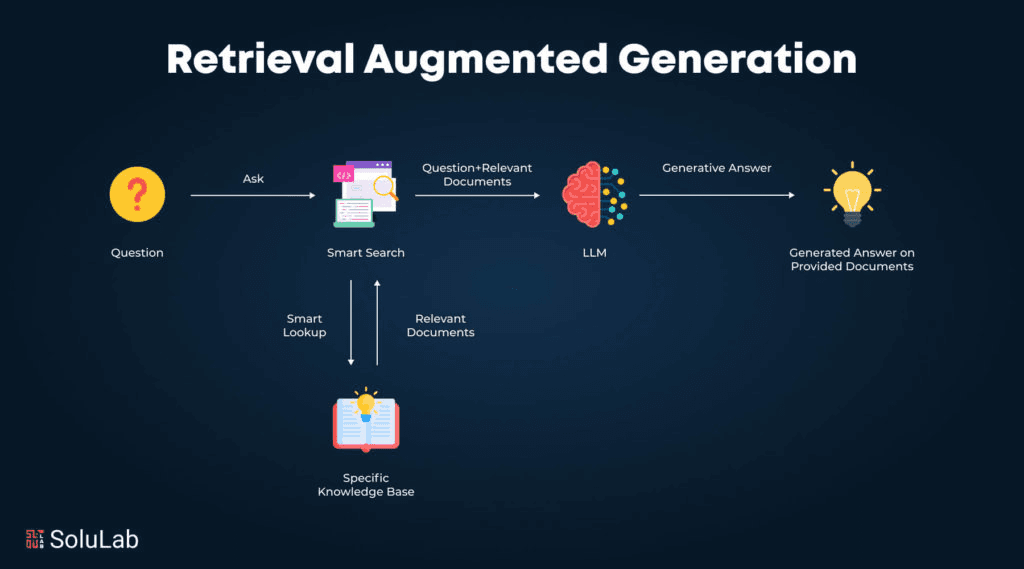
Flowise and Langflow
These visual, drag-and-drop interfaces provide no-code development environments perfect for rapid prototyping and enabling non-technical team members to contribute. Their simplicity comes with trade-offs in advanced customization capabilities.
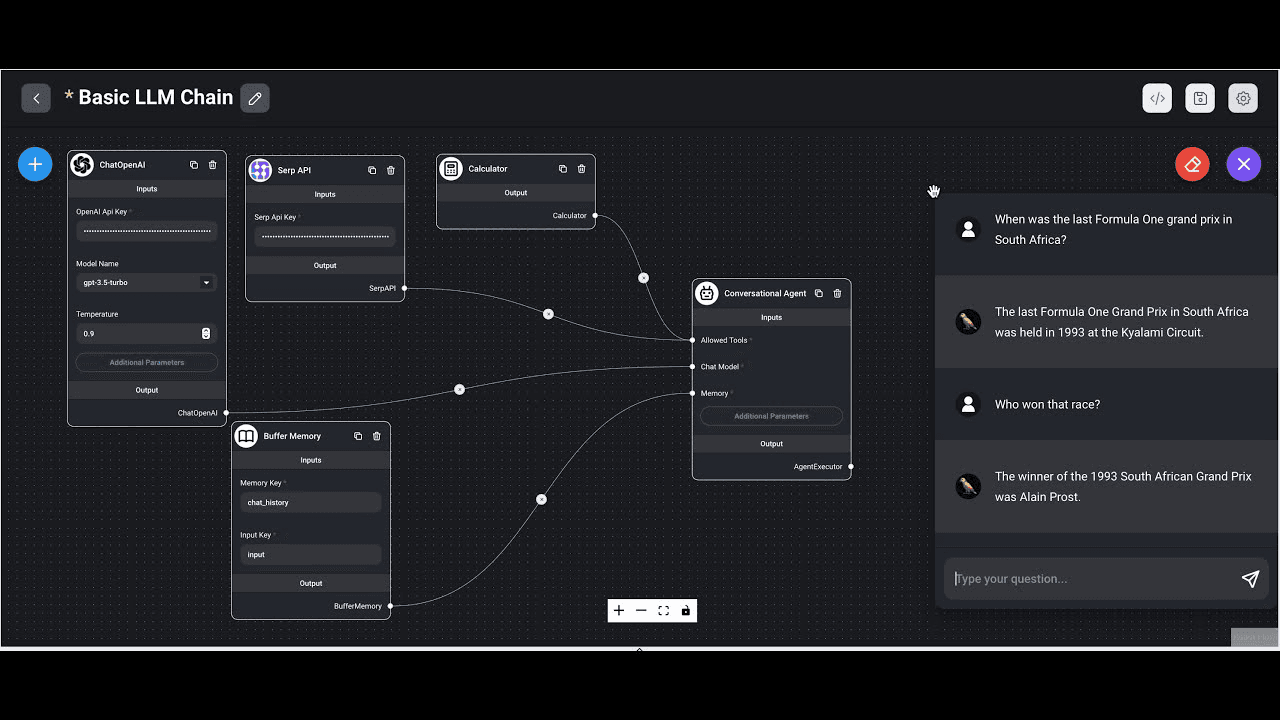
SuperAGI and CrewAI
Focused specifically on agent orchestration, these frameworks offer production-ready features for building autonomous and multi-agent applications, though with a steeper learning curve.
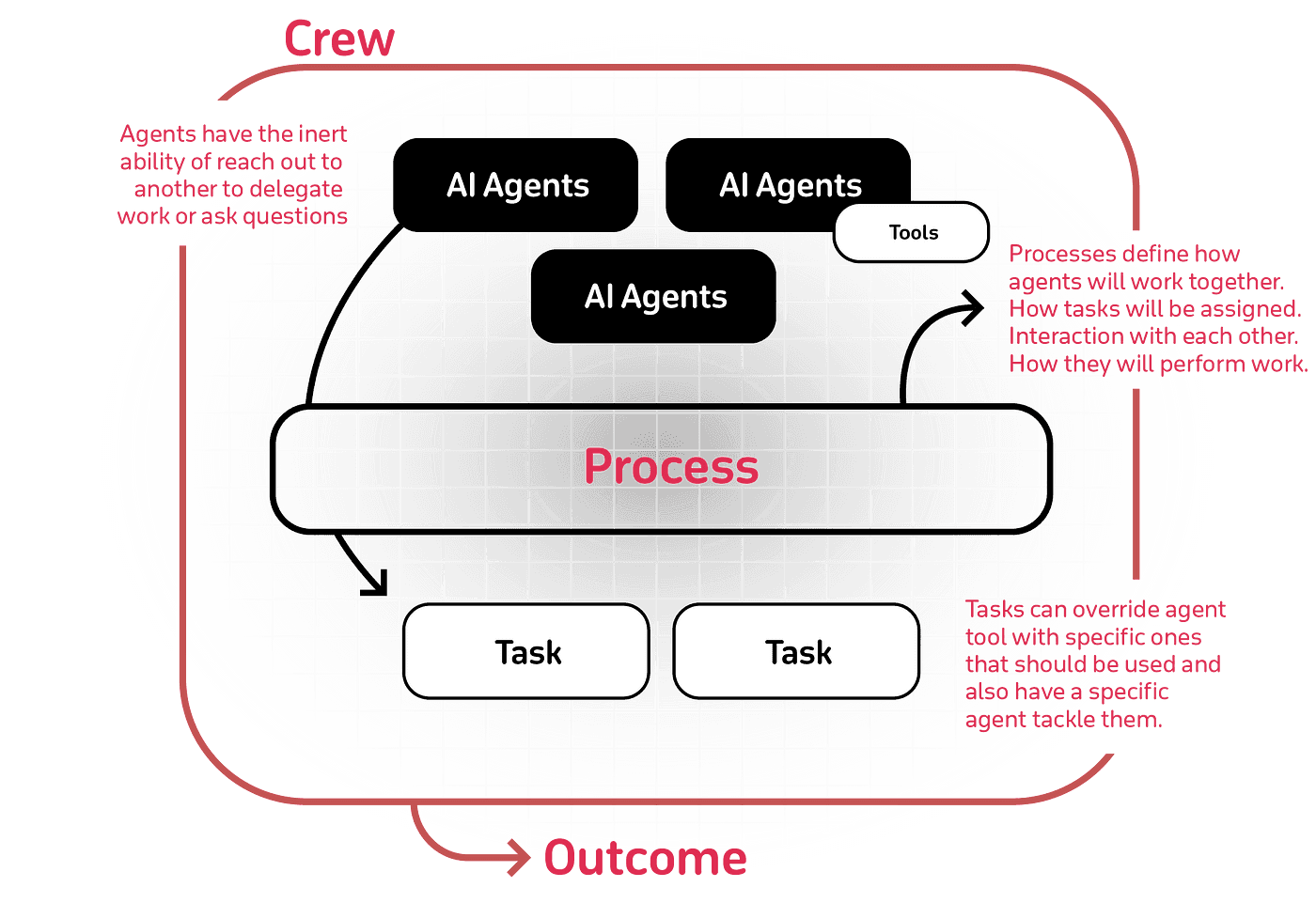
MCP (Microsoft Copilot Platform)
Offers standardized AI integration with low technical overhead, making it suitable for enterprise and education environments seeking plug-and-play solutions, albeit with limited customization options.
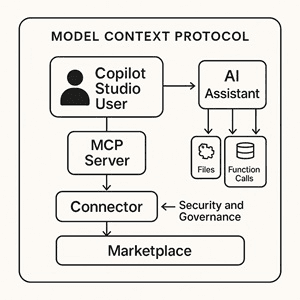
n8n
Provides low-code visual automation with flexible deployment options, though it's more general-purpose and less LLM-specific than dedicated frameworks.

Wordware: The Most Comprehensive Alternative
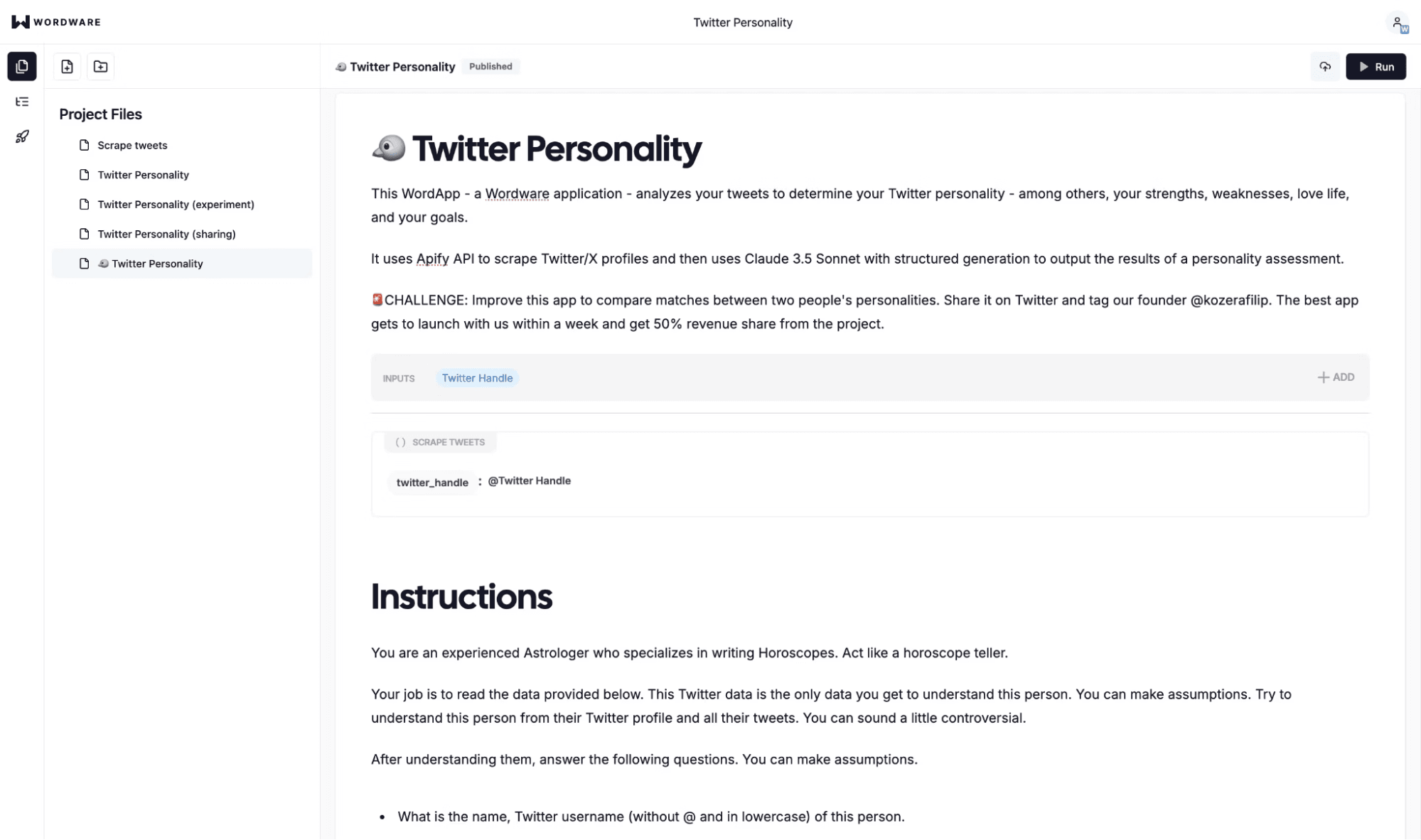
Wordware reimagines what AI development should feel like. It brings the power of frameworks like LangChain into a more accessible, collaborative, and expressive environment without sacrificing technical depth.
Natural Language Programming
Describe what you want to build in plain English. No code required. Just words.
Multimodal by Default
Natively integrates text, images, video, and audio into a single workflow. Build richer agents without bolted-on hacks.
Advanced Technical Capabilities with No-Code Access
Support for loops, branching, structured outputs, and version control—all from a simple interface.
Enterprise-Ready Collaboration
A Notion-style interface lets domain experts and engineers work side-by-side. Cut translation time. Move faster.
Deployment Simplicity
Push to production instantly. No Git, no containers, no friction.
Why Teams Are Switching to Wordware
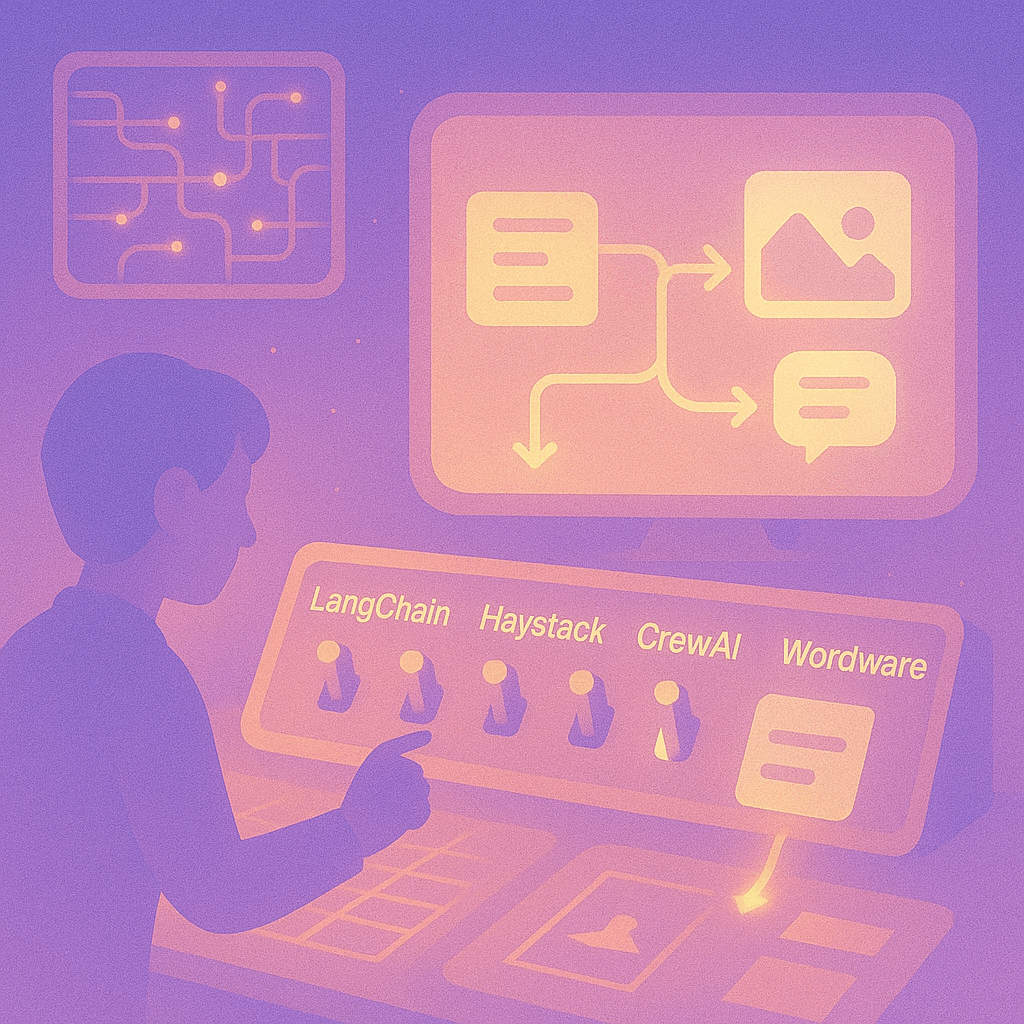
Organizations are increasingly choosing Wordware over LangChain and other alternatives because it:
Accelerates development – Build and launch agents up to 20x faster
Breaks down barriers – Empowers entire teams, not just devs
Handles complex workflows – From simple automations to robust multi-step systems
Future-proof – Native support for multimodal AI and complex reasoning
Truly inclusive – No more gatekeeping AI development behind a code editor
Taking Action: Choosing the Right Alternative
Ask yourself:
Does your whole team need to contribute—or just the engineers?
Do you prioritize speed, power, or both?
Are you building basic chatbots or full-blown autonomous agents?
Will your stack support emerging modalities and agentic patterns?
For most modern teams, Wordware strikes the ideal balance, making it the strongest alternative to LangChain in today’s fast-moving AI landscape.
Try Wordware for free and see how it can transform your approach to building AI applications.